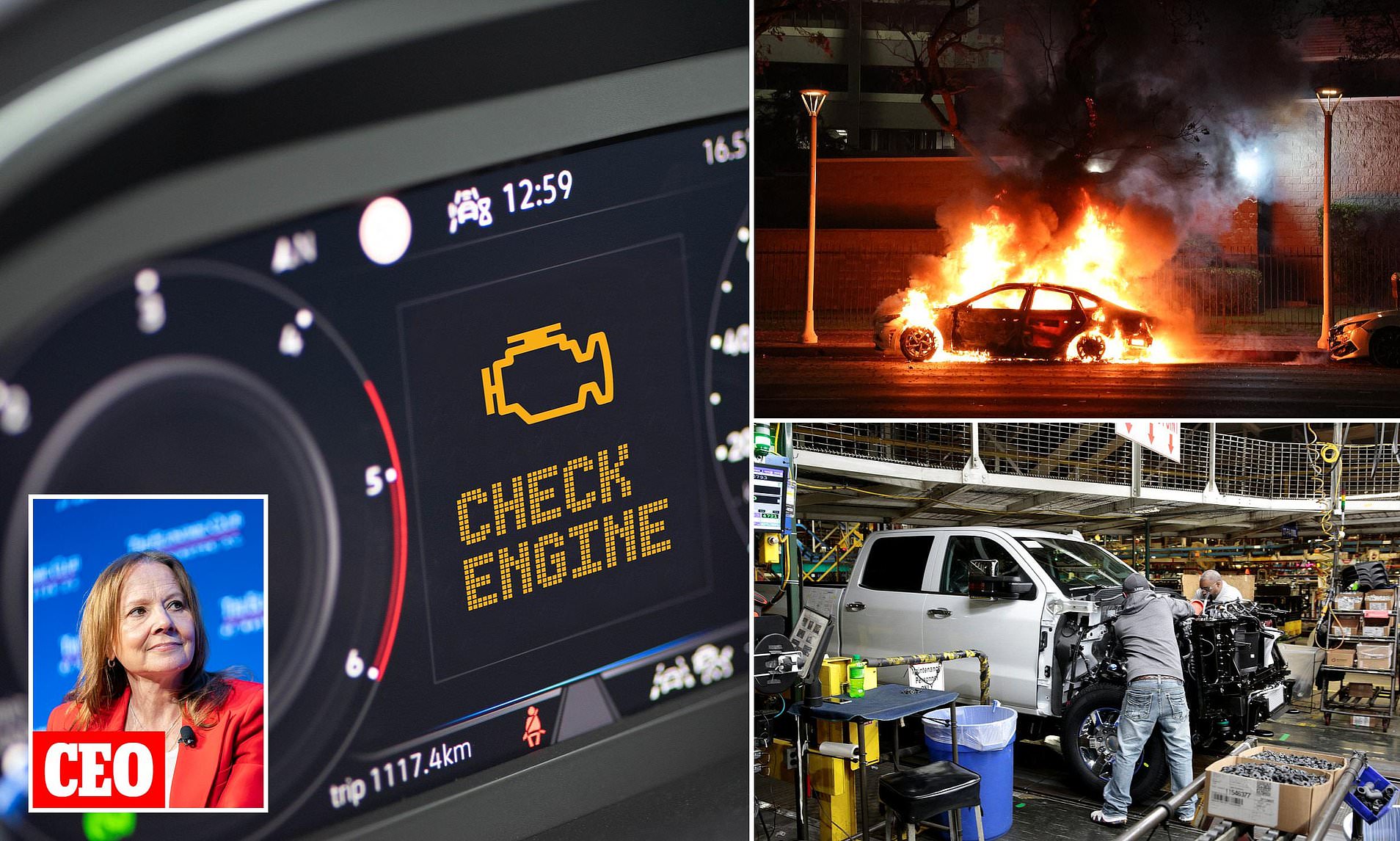
Major Vehicle Recalls Highlight Safety Concerns
In a significant development, several major automotive manufacturers have issued recalls affecting hundreds of thousands of vehicles. These actions highlight the ongoing challenges in ensuring vehicle safety and the importance of regular maintenance and inspections.
Ford's Recent Recall Efforts
One of the most notable recent developments involves Ford, which has issued six recalls for nearly half a million cars in a single day. This unprecedented move underscores the company’s commitment to addressing potential safety hazards before they result in serious incidents. The affected models include a range of popular trucks and SUVs that are widely used across the United States.
For many American drivers, the Ford truck is more than just a vehicle—it’s a symbol of reliability and performance. However, this latest recall serves as a reminder that even the most trusted brands can face unexpected issues. Owners of these vehicles are advised to check their registration details and contact their local dealerships to schedule necessary repairs.
General Motors' Brake System Recall
Another major recall involves General Motors (GM), which has announced the recall of 62,468 vehicles due to a fault in the brake pressure sensor assembly. According to the National Highway Traffic Safety Administration (NHTSA), the defect poses a serious risk of fluid leakage, which could lead to an electrical short. This issue is particularly concerning because an electrical short can generate excessive heat and potentially cause a fire.
The NHTSA emphasized that the risk of fire is not limited to when the vehicle is in use. It warned that an underhood fire could occur even when the vehicle is switched off or left unattended. This adds another layer of complexity to the situation, as it means that the hazard is not confined to active driving conditions.
Root Cause of the Defect
The defect was traced back to the use of an unauthorized chemical by the supplier of the brake assembly. Over time, this chemical caused degradation of the part, leading to the current safety concerns. The affected vehicles include certain 2019-2024 Chevrolet Silverado models. While the percentage of vehicles expected to have the defect is relatively low—about 1 percent—it is still a significant number considering the scale of the recall.
Implications for Consumers
These recalls serve as a critical reminder for consumers to stay informed about the safety of their vehicles. Regular maintenance checks, staying updated on manufacturer announcements, and promptly addressing any issues reported by the NHTSA can help prevent potential accidents.
For those affected by the recalls, it is essential to take immediate action. Contacting the dealership for a free inspection and repair is the best course of action. In some cases, manufacturers may also offer compensation or other forms of assistance to affected customers.
Ongoing Monitoring and Transparency
As these recalls unfold, it is crucial for regulatory bodies like the NHTSA to maintain transparency and provide clear communication to the public. This includes detailed information about the specific models involved, the nature of the defects, and the steps required to address them.
Consumers should also remain vigilant and report any unusual behavior or issues with their vehicles to the appropriate authorities. By working together, manufacturers, regulators, and consumers can help ensure a safer driving environment for everyone.
Conclusion
The recent recalls from Ford and GM highlight the importance of continuous vigilance in the automotive industry. While these events may raise concerns among drivers, they also demonstrate the proactive measures being taken to address potential safety risks. As technology advances and vehicles become more complex, the need for rigorous testing and quality control remains more important than ever.
Post a Comment